కడప: రిజర్వుబ్యాంక్ మాజీ గవర్నర్, కడప జిల్లాకు చెందిన యాగా వేణు గోపాల్ రెడ్డికి భారత ప్రభుత్వం సోమవారం దేశంలోనే రెండవ అత్యున్నత పౌర పురస్కారం పద్మవిభూషణ్ ను ప్రకటించింది. కడప జిల్లా రాజంపేట సమీపంలోని పుల్లంపేట మండలం కొమ్మనవారి పల్లెలో 1941 ఆగస్ట్ 17 వ తేదీన జన్మించిన వేణుగోపాల్ రెడ్డి మద్రాసు యూనివర్సిటి నుంచి ఎం.ఏ. ఎకనామిక్స్, ఉస్మానియా యూనివర్సిటి నుంచి పిహెచ్ డి పట్టాలను పొందారు.
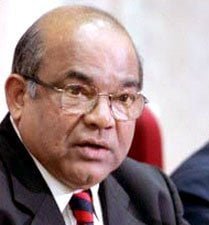
1964 బ్యాచ్ ఐఏఎస్ అధికారిగా ఉద్యోగ జీవితాన్ని ప్రారంభించారు. రిజర్వు బ్యాకు గవర్నర్ గా 6 సెప్టంబరు 2003 నుంచి 5 సెప్టంబరు 2008 వరకు పనిచేశారు.
Dr. Yaga Venugopal Reddy (Telugu: యాగ వేణుగోపాల్ రెడ్డి), better known as Y.V. Reddy, (born 17 August 1941 in Kadapa, Andhra Pradesh) is an Indian Administrative Service (IAS) officer of the 1964 batch who served as Governor of the Reserve Bank of India (RBI) (India’s central bank) from 6 September 2003 until 5 September 2008.
Reddy received his M.A. in economics from Madras University, India. He holds a Ph.D. from Osmania University, Hyderabad. The year of award of his doctoral degree or the title of his thesis is not presently available in the public domain. He also holds a Diploma in Economic Planning from the Institute of Social Studies, Netherlands.
Reddy was awarded Doctor of Letters (Honoris Causa) by Sri Venkateswara University, India; and Doctor of Civil Law (Honoris Causa) by the University of Mauritius.
On 17 July 2008 Reddy was made an Honorary Fellow of the London School of Economics.
Venugopal Reddy was appointed the twenty-first Governor of the Reserve Bank of India on 6 September 2003. Jaswant Singh was India’s Finance Minister and took that decision, mentioning it in his autobiography.
In 1996, Reddy had been appointed deputy governor of RBI. He has also worked with the International Monetary Fund as Executive Director in 2002. Prior to joining the IAS, he worked as a lecturer from 1961. He has been a visiting faculty member at the Osmania University and the London School of Economics.
Reddy was Chairman of the Bank for International Settlements, Asian Consultative Council (ACC) for a term of two years from March 2007. He is also currently the Chairperson of SAARCFINANCE, a Group of Governors of the central banks of SAARC member countries. He has held the positions of Secretary (Banking) in Ministry of Finance and Principal Secretary in Government of Andhra Pradesh and has worked with the governments of China, Bahrain, Ethiopia and Tanzania. He has been a Visiting Fellow, London School of Economics and Political Science, a full-time UGC Visiting Professor in Department of Business Management, Osmania University; full-time Visiting Faculty, Administrative Staff College of India and continues to be the Honorary Senior Fellow at Centre for Economic and Social Studies at Hyderabad.
Reddy was previously Deputy Governor and the Reserve Bank of India nominee on the Board of State Bank of India, which, he quit on 2 May 1998.[1] As Deputy Governor he was responsible for monetary policy and internal debt management sections. On his appointment as India’s Executive Director to the International Monetary Fund, from August 2002, however, he resigned from the Reserve Bank. He was succeeded as the Deputy Governor of Reserve Bank of India by Rakesh Mohan.
Reddy has worked on piloting a calibrated approach to financial sector reforms. A December 19, 2008 article in the New York Times credits the tough lending standards he imposed on the Indian banks as RBI Governor for saving the entire Indian banking system from the massive sub-prime and liquidity crisis of 2008 and beyond [1]. At the Reserve Bank, he was Member-Secretary of two high level committees: one on Balance of payments and the other on Public Sector Disinvestments. Dr. C. Rangarajan, former Governor, Reserve Bank of India headed both the committees. Reddy was also a member of the Reserve Bank of India’s Policy Group on External Debt Statistics. Reddy is credited to have played a crucial role in framing macro-economic policies that helped quarantine the country from the domino effect of the financial crisis encountered by the South-East Asian countries during the later part of the 1990s.[2] He, along with Dr. C. Rangarajan, is also credited with the formulation of the course to be steered by the country to come out of the then Balance of Payments crisis.
As Governor, he saw his job as making sure Indian banks did not get too caught up in the bubble mentality. He banned the use of bank loans for the purchase of raw land, and sharply curtailed securitizations and derivatives, and essentially prohibited off-balance sheet financing. He increased risk weightings on commercial buildings and shopping mall construction and increased bank reserve requirements.[3] Less well-discussed is his work on rural banking, particularly on reviving co-operative banks and his focus on the common person. His term was marked by an emphasis on financial inclusion with the aid of information technology.
He recently authored a book titled “India And The Global Financial Crisis : Managing Money and Finance” published by Orient Blackswan.
 www.kadapa.info Voice of the YSR Kadapa District
www.kadapa.info Voice of the YSR Kadapa District

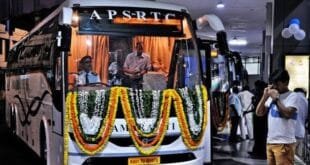
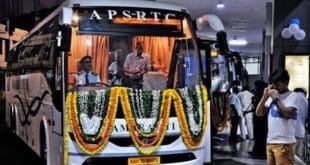
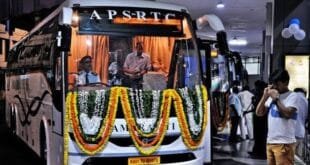
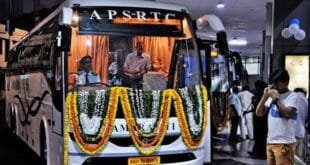
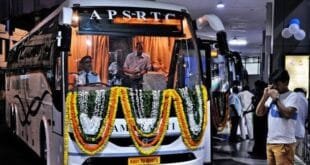
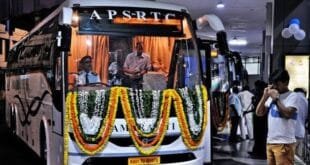
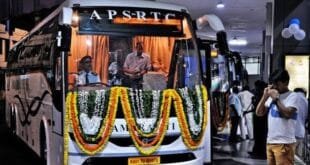
I hope you would not have reservations if I put up a part of this site on my univeristy blog?